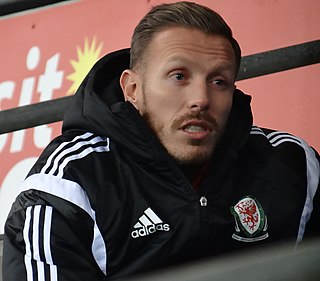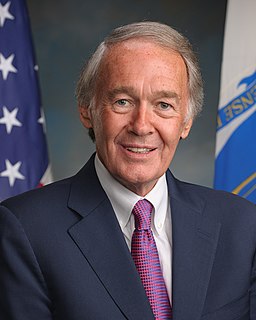A Quote by Marcel Proust
Words do not change their meanings so drastically in the course of centuries as, in our minds, names do in the course of a year or two.
Related Quotes
It's stimulating to teach a new course. To teach a course three times in a row is, I think, about the maximum for me. On the second year - you know, the saying is that first year you learn how to teach the course, the second year you do it right, and the third year you're coasting and you had better move on to something else.
I believe that words can help us move or keep us paralysed, and that our choices of language and verbal tone have something - a great deal - to do with how we live our lives and whom we end up speaking with and hearing; and that we can deflect words by trivialization, of course, but also by ritualized respect, or we can let them enter our souls and mix with the juices of our minds.
Words are pale shadows of forgotten names. As names have power, words have power. Words can light fires in the minds of men. Words can wring tears from the hardest hearts. There are seven words that will make a person love you. There are ten words that will break a strong man's will. But a word is nothing but a painting of a fire. A name is the fire itself.
God... has a pencil with an eraser on it and he has promised us that he will use it if we will repent and change our ways…He has said that if we would forsake our evil and thoroughly make up our minds against it, then he would wash it out of his mind and just forget the whole thing. Of course, he expects that we will wash it out of our minds also.
Therefore, the two processes, that of science and that of art, are not very different. Both science and art form in the course of the centuries a human language by which we can speak about the more remote parts of reality, and the coherent sets of concepts as well as the different styles of art are different words or groups of words in this language.
Can and must! The proclamation of this new conception of [Joseph Stalin] is closed by the same words, "Such are in general the characteristic features of Lenin's conception of the proletarian revolution." In the course of a single year Stalin ascribed to [Vladimir] Lenin two directly opposed conceptions of the fundamental question of socialism. The first version represents the real tradition of the party; the second took shape in Stalin's mind only after the death of Lenin, in the course of the struggle against "Trotskyism".






































